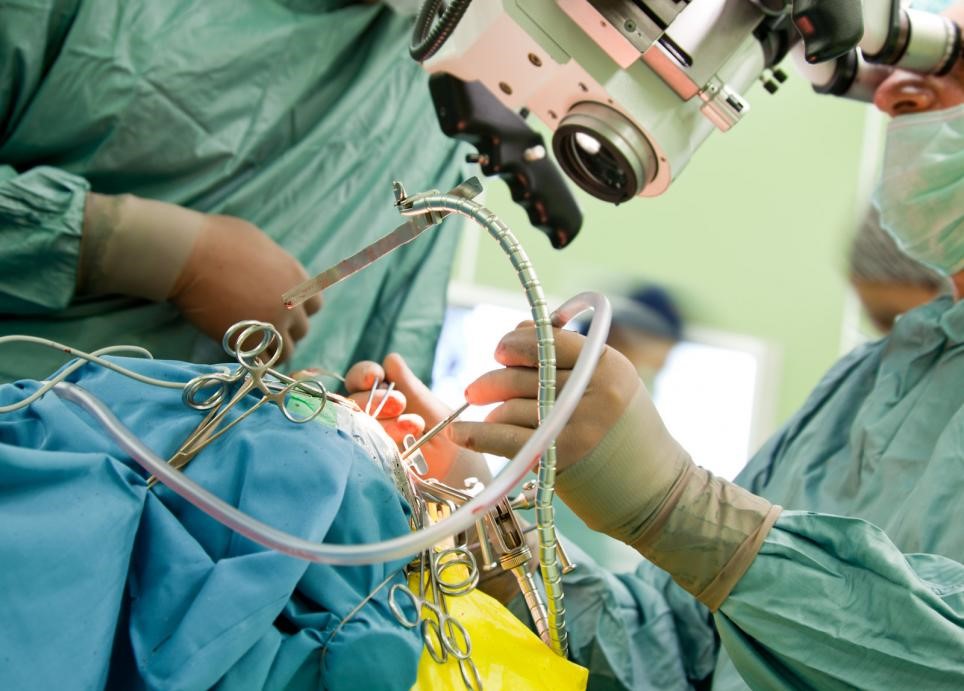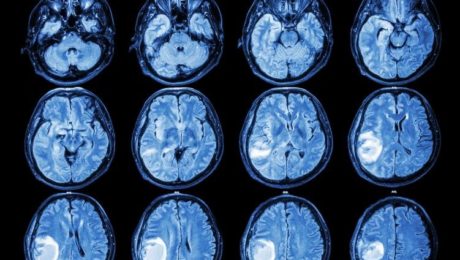A brain tumor is an abnormal growth of cells that form on the brain. Brain tumors are among the most complex cancerous growths that exist and require a multidisciplinary team of medical specialists to treat them effectively. While some are cancerous (malignant), others are not (benign/non-malignant).
It is estimated that in the year 2020, approximately 23,900 adults (13, 600 men and 10,300 women) in the United States will be diagnosed with primary cancerous brain and spinal cord tumors. The number of children who will be diagnosed with a brain or central nervous system tumor (CNS) this year is about 3,540. Some of the common brain and spine tumors include meningiomas, glioblastoma multiforme (GBM), acoustic neuromas, pituitary adenomas, and cranial extensions of head and neck cancers.
Despite the best efforts of healthcare workers and medical specialists, there is still a lot of mystery surrounding brain tumors and hence, a lot of misinformation. In this piece, we hope to dispel some of these common myths with facts about this very serious health issue.
Myth #1: Cell Phones Cause Brain Tumors
While this is a popular myth that’s been around for a while, there is no scientific evidence that provides evidence to back this claim. The idea is that the electromagnetic waves emitted from cell phones cause cancerous growths to form on the brain when they’re held close to the ear. While cell phones do emit radiofrequency radiation (RF) when sending signals, it isn’t known to be harmful like some other forms of radiation, such as x-rays.
 According to the Center for Disease Control and Prevention (CDC), research is being conducted to study the effects of cell phone use on health, but there is currently no evidence that suggests they cause cancerous growth.
According to the Center for Disease Control and Prevention (CDC), research is being conducted to study the effects of cell phone use on health, but there is currently no evidence that suggests they cause cancerous growth.
Myth #2: Aspartame is Linked to Brain Cancer
The popular artificial sweetener has been used in chewing gum, sodas, and other foods since the 1980s. The myth stems from the fact that when the substance was tested in large doses on rodents, some of them developed certain kinds of tumors. However, no evidence for tumorous growth in humans from aspartame consumption exists.
The U.S. Food and Drug Administration (FDA) notes that aspartame is one of the most extensively studied substances in the human food supply, with over 100 studies that support its safety.
Myth #3: Brain Tumors are Rare, and Mostly Affect Adults
The American Brain Tumor Association notes that more than 700,000 Americans, including about 28,000 children, are currently living with brain tumors. While the median age when diagnosed with a brain tumor is 60 years, they are the second-most common cancer among children under the age of 15 and are the leading cause of cancer-related deaths in this age group.
Myth #4: There are no Effective Treatments for Brain Tumor Patients
There are over 120 different kinds of primary brain tumors and save for glioblastoma; medical specialists have made huge strides in improving the outcome for several diagnosed patients. Technological and medical advances in surgical techniques, radiation therapy, targeted drugs, and anesthesia, have all dramatically improved the safety of surgery and increased survival rates and the quality of life for brain tumor patients.
 Our team of neurosurgeons specializes in incorporating the latest and most innovative procedures for neurological examination, special imaging, and other testing procedures, including MRI, CT scan, PET scan, EEG, and spinal tap.
Our team of neurosurgeons specializes in incorporating the latest and most innovative procedures for neurological examination, special imaging, and other testing procedures, including MRI, CT scan, PET scan, EEG, and spinal tap.
We utilize two primary and effective treatment options for brain and spinal tumors: tumor removal and craniotomy and neuroendoscopy. Craniotomy incorporates the use of high-tech intraoperative imaging and a minimal-access neurosurgical approach. Neuroendscopy is an alternative to traditional surgery. It is a surgical procedure used to remove tumors in deep regions in the brain through small holes in the skull or through the mouth or nose.
Find out more about our approach to schedule an appointment at our Neurosurgery Center Houston and prioritize your health.
For more information, call West Houston spine center at 832-522-8500.

